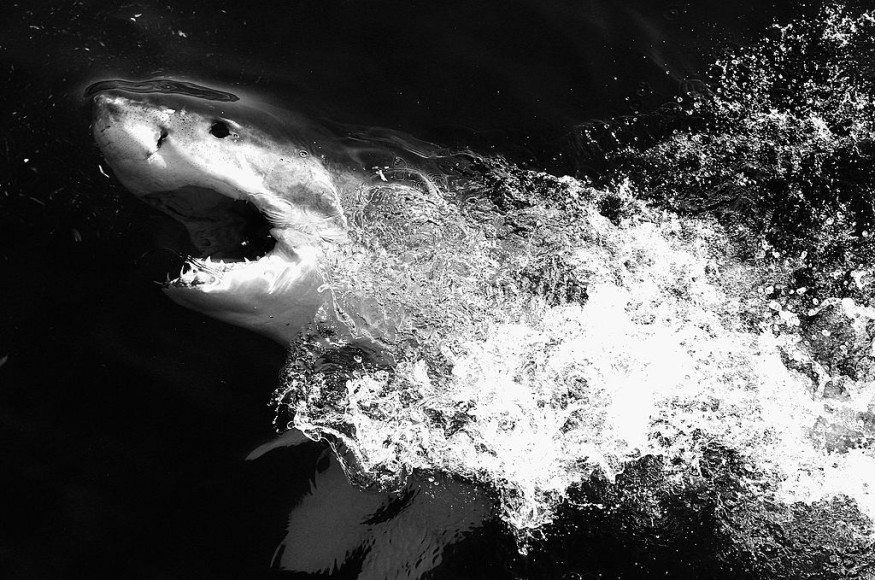A shark attack occurred in the waters off Sanctuary Beach in Plettenberg Bay along the South African coast.
The grueling incident involved an apparent great white shark that mauled to death a male swimmer.
This is according to the reported testimonies of horrified witnesses in the area.
A footage just right after the incident also circulated on social media.
Members of the National Sea Rescue (NSRI) were dispatched and even deployed two rescue crafts but were too late to save the victim, who was believed to be a South African local.
The adult male's body sustained lethal injuries, as it was believed that the shark consumed a chunk of his body flesh.
Local authorities issued a warning to the public to exercise vigilance and take precaution following the attack, which led to increased security and closure of nearby beaches next to Sanctuary Beach.
The measures were meant to protect beachgoers, as well as surfers and swimmers, from related threats in the future.
The incident may be isolated, but it added to the renewed risk of shark attacks in the coastal areas of South Africa.
This is in spite of the recent reports that sharks disappeared near the Cape Town coast due to the continued presence of a killer whale or orca duo named "Port" and "Starboard" at the Gansbaai coast.
Mauled to Death

The said swimmer is South Africa's 13th fatal shark attack occurred on Wednesday, June 29, according to news.com.au.
NSRI spokesperson Craig Lambinon confirmed the local government was forced to close the beaches after the attack.
Lambinon added the fatal wounds led to the death of the man, even though he was taken to the NSRI Plettenberg Bay rescue station.
The victim's death was declared by an NSRI doctor, who was one of the first to respond to the incident along with the South African Police Services.
A footage, originally taken by Gunnar Sigge, shortly after the actual fatal shark attack was uploaded by Twitter user Naledi Mailula below:
A Great White shark was spotted near the Sanctuary Beach in Plettenburg. A hiker captured this video at 14:10. According to the @NSRI, a deadly shark attack had taken place a minute earlier. Video supplied by Gunnar Sigge. @TimesLIVE pic.twitter.com/GTSfUGwcIV
— Naledi (@Naledi_Mailula) June 28, 2022
South Africa Shark Attacks
The KwaZulu-Natal Sharks Board (KZN Sharks Board) stated South Africa has a relatively high rate of shark attacks due to its coastline stretching up to 2,500 kilometers, as well as its warm climate, beach culture, and popular water-related activities.
South Africa shark attack recordings started only during the middle of the 19th century.
However, thorough investigation of the marine animal attack fully manifested following the establishment of the International Shark Attack File (ISAF).
In a global-scale, the number of shark attacks have been increasing, which is mainly caused by the larger number of humans entering waters and contributes to the growing human-wildlife conflict, according to the KZN Sharks Board.
The organization also estimated that a similar trend is occurring in South Africa, which has witnessed 394 unprovoked attacks, including 90 fatal cases, recorded since the 1940s.
In addition, board mentioned that this has been the case during the first half of the 20th century, when most shark attacks were recorded off the coast of the KZN.
In 1974, KZN Sharks Board became the official curator of South Africa's ISAF, which is the most comprehensive database of all recorded shark attacks worldwide.
© 2026 NatureWorldNews.com All rights reserved. Do not reproduce without permission.





